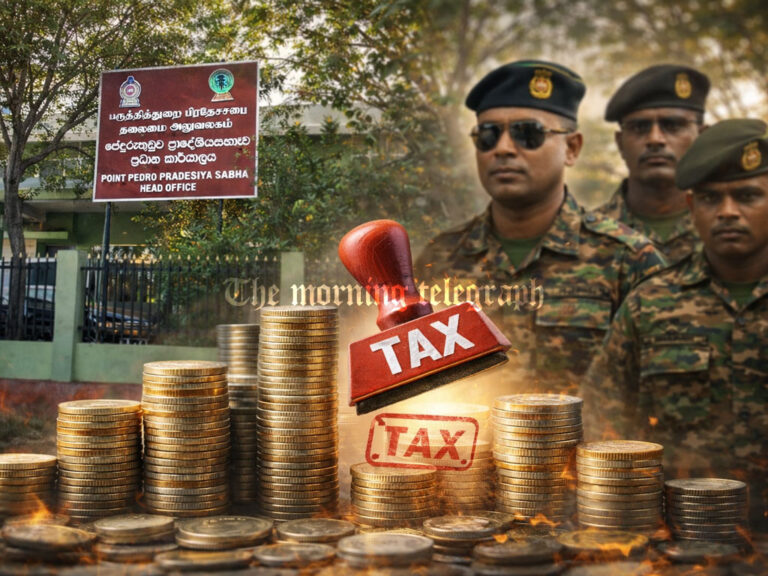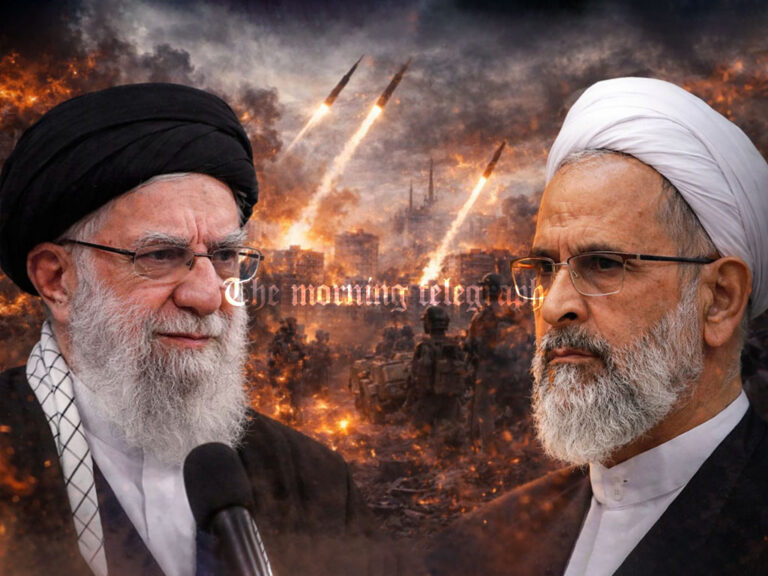
Colombo, August 21, 2024 – As Sri Lanka gears up for its 2024 presidential election, concerns are mounting over the possibility that no candidate will secure the required 50% majority to win outright. Lecturer Mr. Dhamma Dissanayake has highlighted the urgent need to educate and prepare the public for such an eventuality, stressing that building confidence in the electoral process is crucial to maintaining peace and stability.
Speaking at a recent event held in Colombo, Mr. Dissanayake addressed the growing speculation that this year’s election may result in a scenario where the top candidate fails to achieve an outright majority, leading to a runoff in which second-preference votes could decide the winner.
“The idea that no candidate might reach the 50% threshold is gaining traction, and this has significant implications for public perception,” Mr. Dissanayake noted. “If the public is not adequately prepared, there is a risk of unrest, especially if a candidate who was second in the initial count overtakes the leader after the second preferences are tallied. This is a legitimate outcome under our legal framework, but it may be misunderstood or contested by those who are unaware of how the system works.”
He went on to emphasize the importance of transparency and education in this process. “The Election Commission, political parties, and civil society groups all share the responsibility of informing the electorate about how preferential voting works. It’s crucial that people understand that their second preference can be decisive if no one wins a clear majority in the first round.”
Election Commissioner General Saman Sri Ratnayake, who was also present at the event, echoed these sentiments, acknowledging the challenges posed by the preferential voting system in such a scenario. “The law is clear on this matter,” he stated. “If no candidate secures 50% of the votes in the first count, the candidate with the fewest votes is eliminated, and their votes are redistributed according to the voters’ second preferences. This process continues until one candidate achieves a majority. It’s a system that ensures that the winner has broad support, even if they were not the first choice of a majority of voters.”
Ratnayake further noted that while this process is entirely legal and valid, it is imperative for both candidates and voters to be fully aware of its implications. “We must all adhere to the law and respect the outcome, even if it means that a candidate who was initially second could emerge victorious. The role of the Election Commission is to ensure that the process is transparent, fair, and well-understood by the public.”
Both officials stressed that with the election drawing closer, efforts to raise public awareness should be intensified. “Preventing post-election violence and ensuring a peaceful transition of power depends on the public’s trust in the electoral process,” Mr. Dissanayake concluded. “We must prepare the people for every possible outcome, including one where second-preference votes play a decisive role.”
The discussions highlighted the importance of collaboration between political parties, civil society, and the Election Commission to ensure that the electorate is well-informed, thereby safeguarding the integrity of the election and the stability of the country.





It is still not clear.
It is said above that “if no candidate secures 50% of the votes in the first count, the candidates with fewest votes are eliminated.”
What does it mean? Are they the candidates who secured 3rd position
Onwards.
Is it that 2nd preference of candidates who came 1st and 2nd are not counted to select the winner?
What if 3 candidates receive very close number of votes in the 1st count (say just above 30% of the votes), is candidate with 3r highest in the 1st count, eliminated and 2nd preference votes are not added to him to select the winner.
Kindly clarify in detail to avoid the rationale, ambiguity and possible post election unrest due to ambiguity.
Thank you in advance.